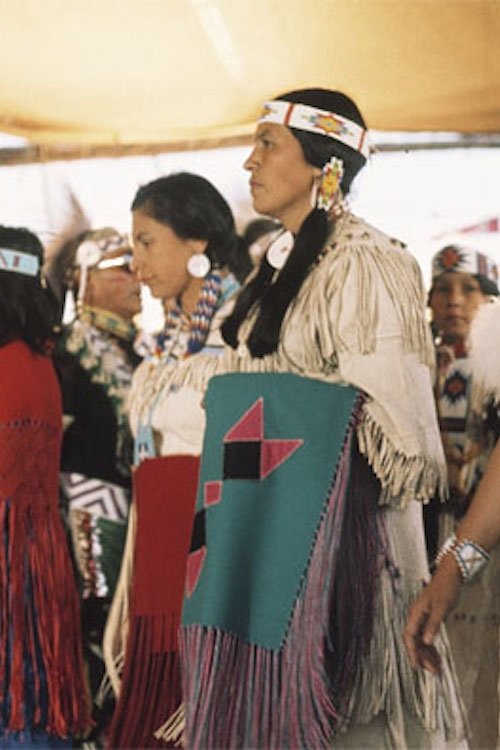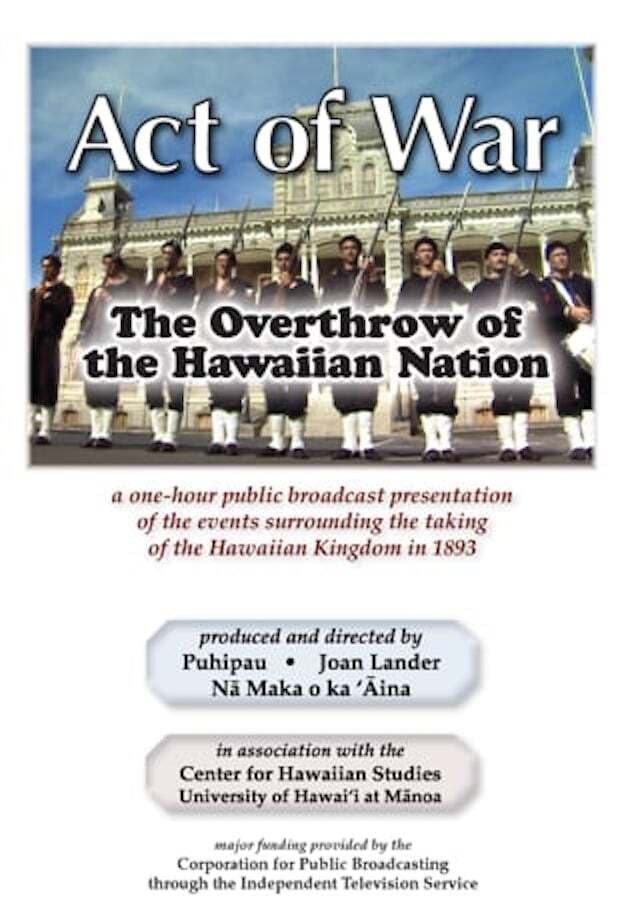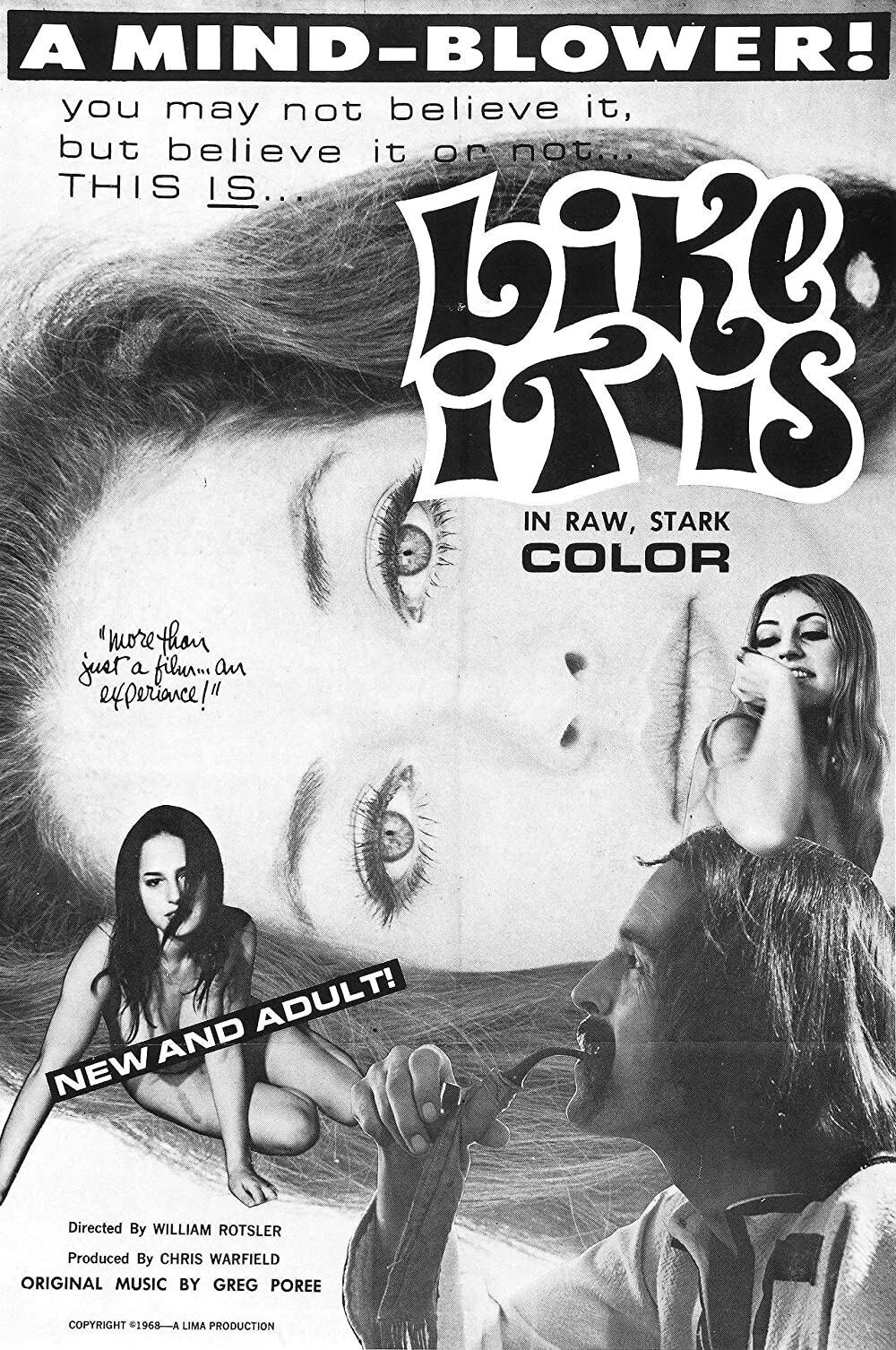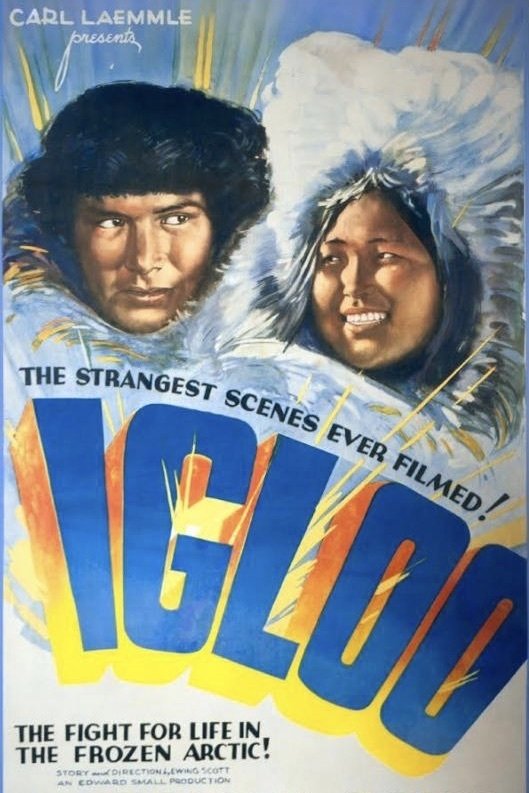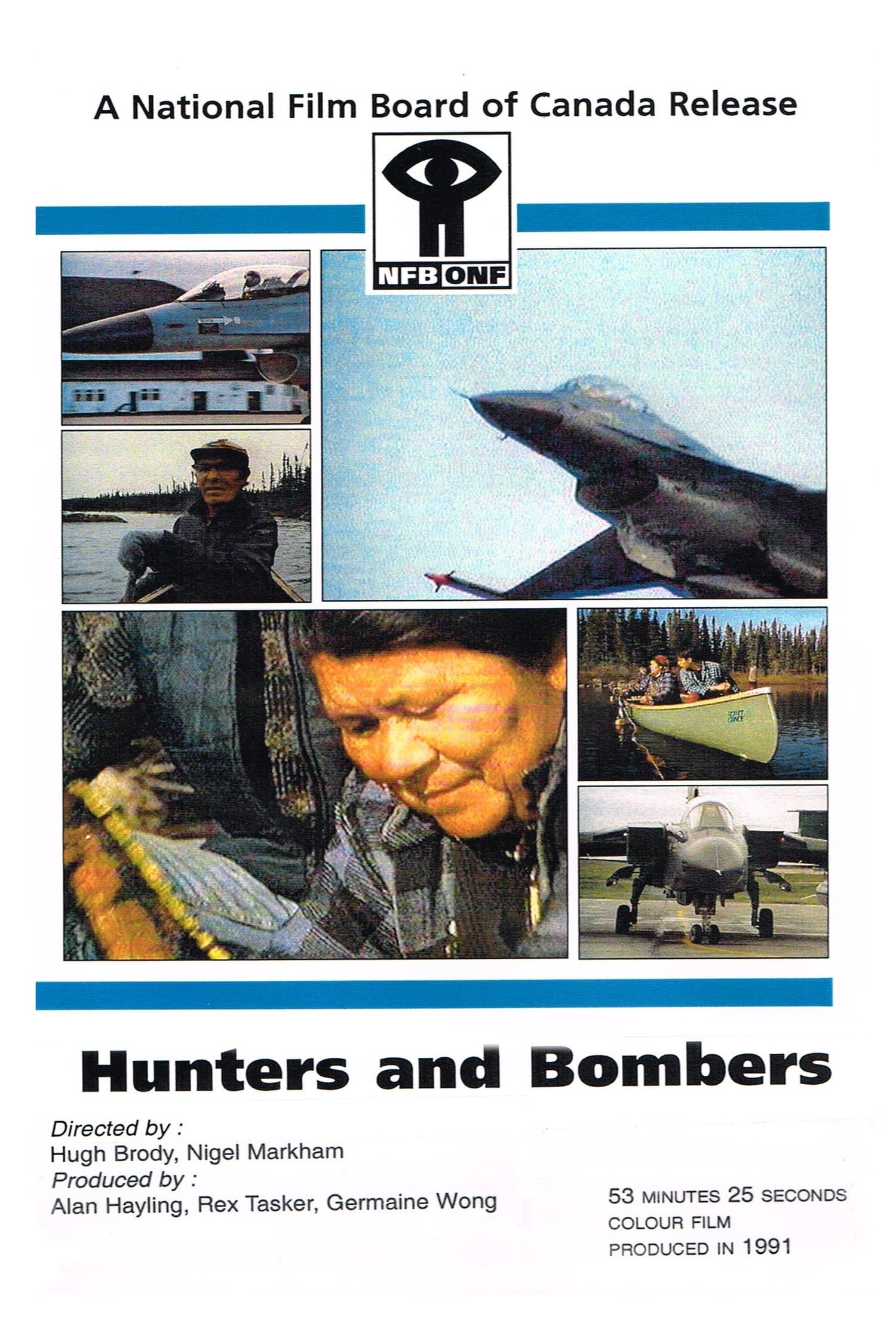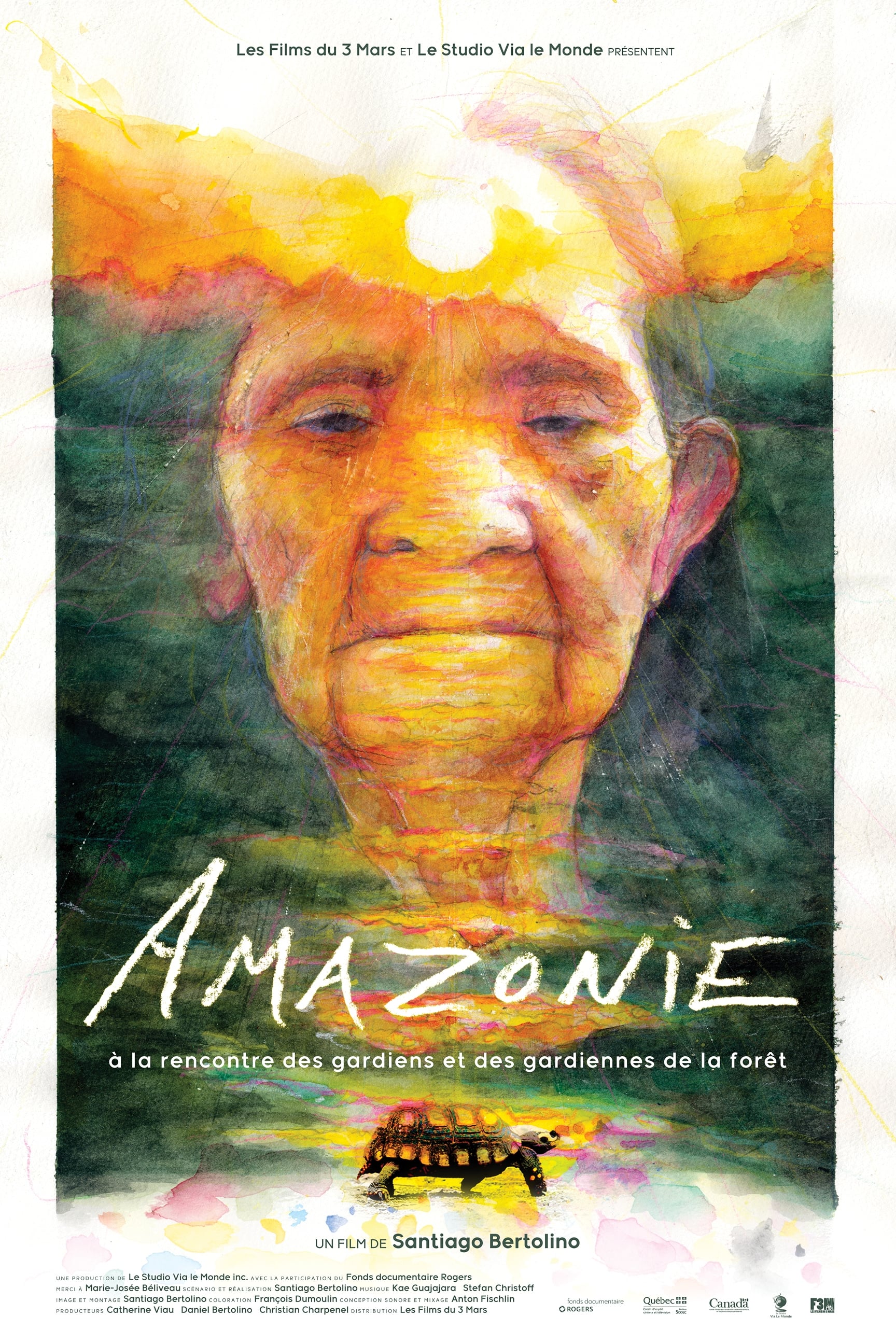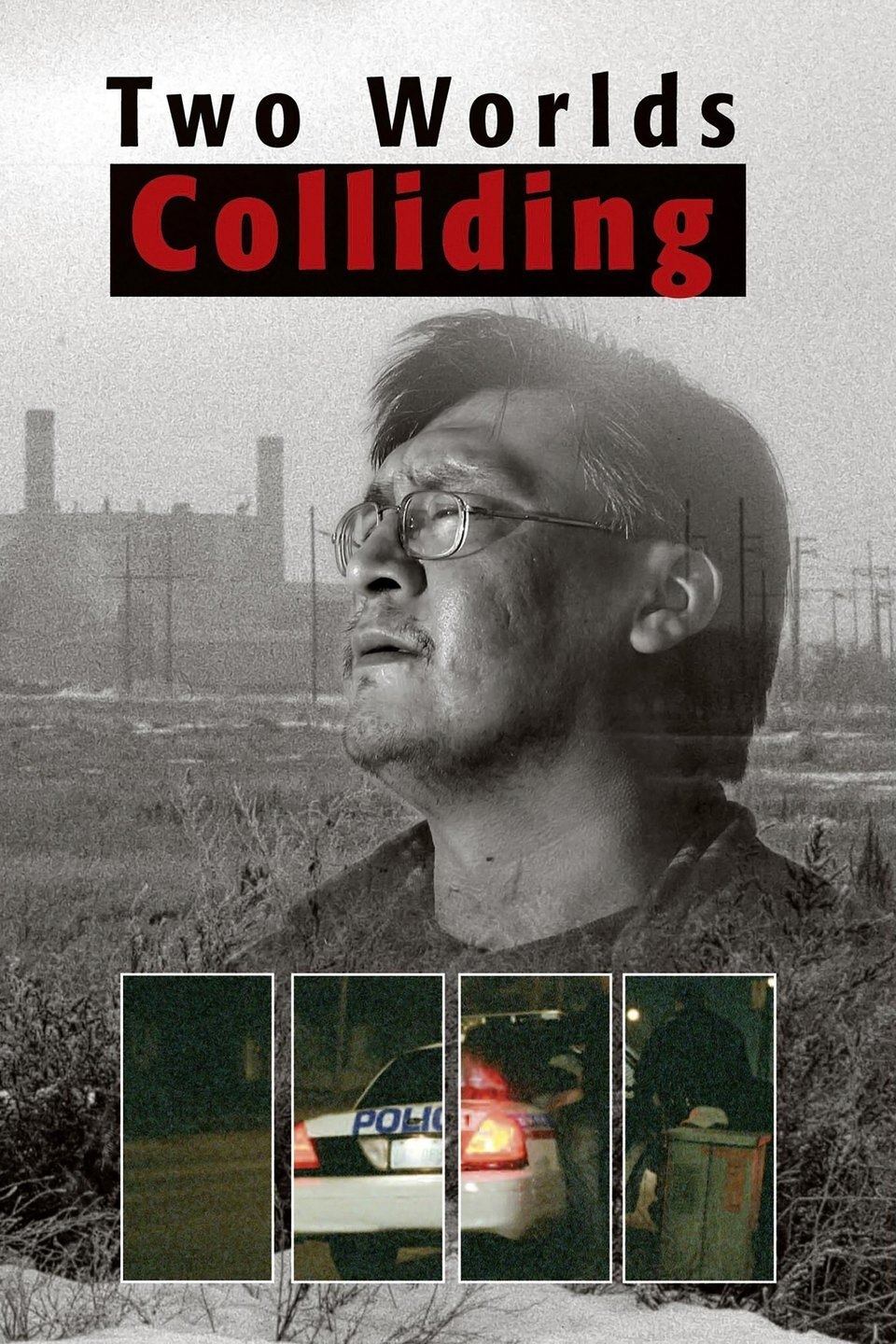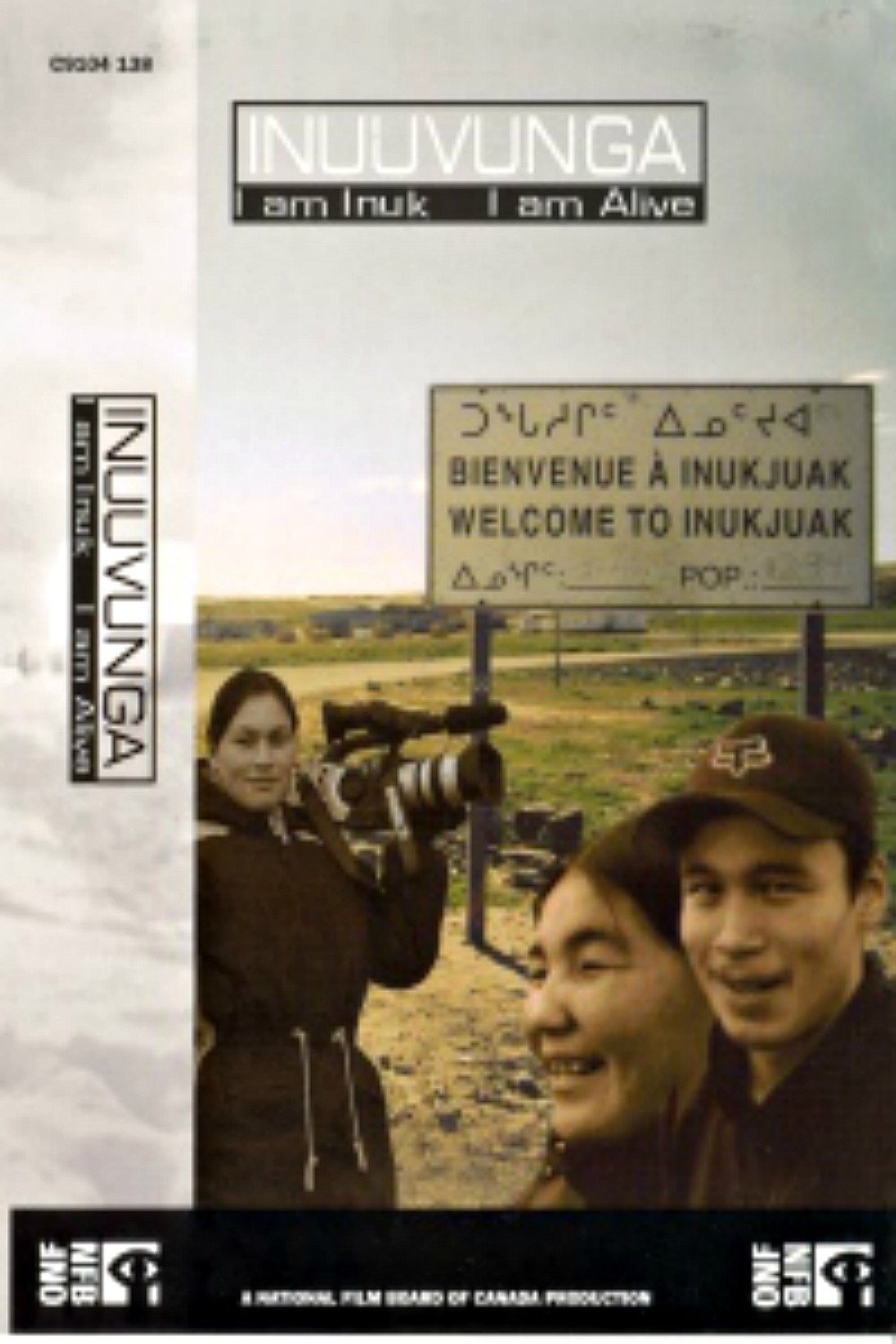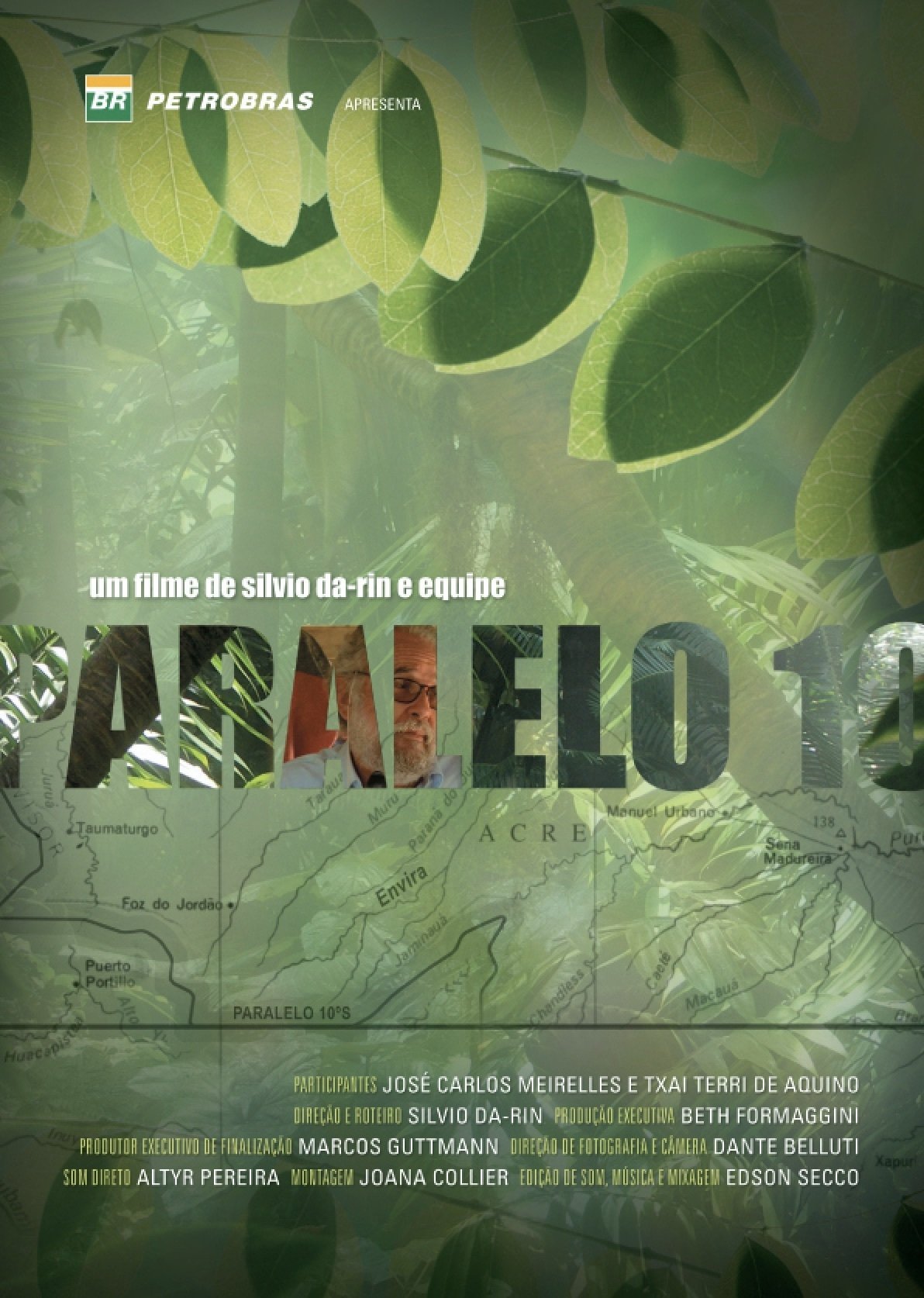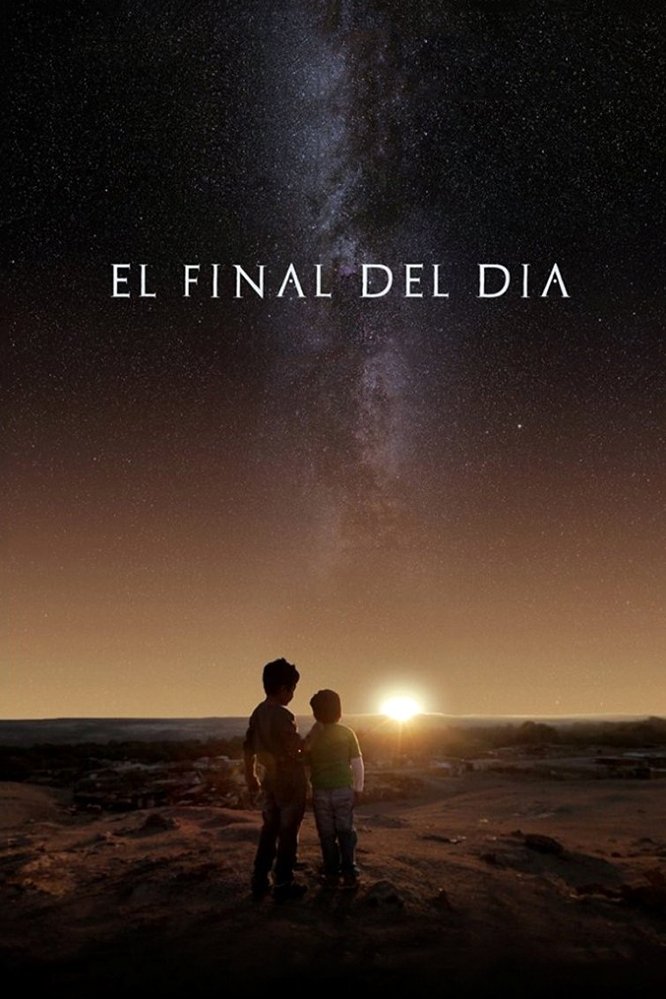
El final del día (2015)
Overview
The film takes place on December 21, 2012, while the people of the town of Quillagua await the supposed "end of the world" that the Mayans predicted for that day.
Production Companies
Additional Info
| Budget | $0.00 |
|---|---|
| Revenue | $0.00 |
| Original Language | es |
| Popularity | 0.292 |
Directed By
Peter McPhee Cruz
Crew
Peter McPhee Cruz
Peter McPhee Cruz
Peter McPhee Cruz
Matias Cespedes
Ignacio Ceruti
Gustavo Silva
Ignacio Ceruti
Gustavo Silva
Ignacio Ceruti
TOP CAST
Similar Movies
The 50 Year Argument
Follows the waves of literary, political, and cultural history as charted by the The New York Review of Books, America’s leading journal of ideas for over 50 years. Provocative, idiosyncratic and incendiary, the film weaves rarely seen archival material, contributor interviews, excerpts from writings by such icons as James Baldwin, Gore Vidal, and Joan Didion along with original verité footage filmed in the Review’s West Village offices.
Sisters Rising
"Sisters Rising" is the story of six Native American women fighting to restore personal and tribal sovereignty in the face of ongoing colonial violence against indigenous women in the United States. Dawn was in the Army, now she’s a tribal cop in the midst of the North Dakota oil boom that threatens to pull the last threads of her Native culture apart. Patty teaches indigenous women’s self-defense across the Great Plains of her people. Sarah is an attorney and scholar fighting to overturn restrictions on tribal sovereignty and increase legislative protections for Native women. Loreline and Lisa are grassroots advocates working outside of the system to support survivors of violence and influence legislative change. Chalsey is writing the first anti-sex trafficking code to be introduced to a reservation’s tribal court.
Cree Way
This short documentary examines an innovative educational program developed by John and Gerti Murdoch to teach Cree children their language via Cree folklore, photographs, artifacts, and books that were written and printed in the community. Made as part of the NFB’s groundbreaking Challenge for Change series, Cree Way shows that local control of the education curriculum has a place in Indigenous communities.
Psychoanalysis in El Barrio
Psychoanalysis in El Barrio shows the experience of Latino psychoanalysts in the United States bringing psychoanalysis to Latino communities. It features interviews with ten Latino analysts (whose heritage is from a variety of Latino cultures) as well as students. It uniquely shows some of those communities in Philadelphia, New York City, and Texas and Interviews Latinos in the street on their thoughts about therapy. And it discusses issues of culture, bias, language and transference that occur for Latino analysts and their patients. The video challenges psychoanalysts to understand the culture and economic circumstances of Latinos in the United States and to bring psychoanalytically informed therapy to them. It Is a consequence of conferences held by the Institute for Psychoanalytic Training and Research (IPTAR) and the Clinical Psychology Department of The New School.
Act of War: The Overthrow of the Hawaiian Nation
This hour-long documentary is a provocative look at a historical event of which few Americans are aware. In mid-January, 1893, armed troops from the U.S.S Boston landed at Honolulu in support of a treasonous coup d’état against the constitutional sovereign of the Hawaiian Kingdom, Queen Lili‘uokalani. The event was described by U.S. President Grover Cleveland as an "act of war."
Canyon Song
This short film follows Tonisha, Toneil and their family as they reclaim their Navajo history and reconnect with ancestors within the canyon walls.
Like It Is
This documentary on the "youth movement" of the late 1960s focuses on the hippie pot smoking/free love culture in the San Francisco Bay area.
The Coolbaroo Club
Documentary about "The Coolbaroo Club", which was the only Aboriginal-run dance club in a city which practiced unofficial apartheid. During its lifetime, the Club attracted Black musicians and celebrities from all over Australia and occasionally from overseas. Although best-remembered for the hugely popular Coolbaroo dances attended by hundreds of Aborigines and their white supporters, the "Coolbaroo League", founded by Club members, ran a newspaper and became an effective political organization, speaking out on issues of the day affecting Aboriginal people.
The Tiger and the Deer
In El Salvador, Chelino tells about the indigenous massacre of 1932, of which he survived, while he teaches the melodies of traditional Salvadoran dances.
Hunters and Bombers
The hunters are the Innu people and the bombers are the air forces of several NATO countries, which conduct low-level flights over the Innu's hunting terrain. The impact of the jets is hotly debated by peace groups, Indigenous people, environmentalists and the military. But what is often overlooked are the many complex changes underway in Innu society, as social and technological changes confront a traditional hunting culture.
Amazonia, an Encounter with the Guardians of the Rainforest
With a hybrid style blending political essay and road movie, this documentary by Santiago Bertolino takes us into the heart of the Amazonian reality. Following Marie-Josée Béliveau, an ecologist and ethnogeographer, they journey together along the 4000 km from the mouth of the Amazon River in Brazil to one of its sources in Ecuador where they meet with the guardians of the forest. As a result, we witness powerful and spontaneous testimonies from local communities who are doing everything to preserve what remains of their lands, which are disappearing due to the inexorable advance of Western modernity.
When the Mountains Tremble
A documentary on the war between the Guatemalan military and the Mayan population, with first hand accounts by Nobel Peace Prize winner Rigoberta Menchú.
Angano... Angano... Tales from Madagascar
Venerable storytellers recount for the camera and their listeners the founding myths of Malagasy culture.
Two Worlds Colliding
This documentary chronicles the story of Darrell Night, an Indigenous man who was dumped by two police officers in a barren field on the outskirts of Saskatoon in January 2000, during -20° C temperatures. He survived, but he was stunned to hear that the frozen body of another Indigenous man was discovered in the same area.
Inuuvunga: I Am Inuk, I Am Alive
In this feature-length documentary, 8 Inuit teens with cameras offer a vibrant and contemporary view of life in Canada's North. They also use their newly acquired film skills to confront a broad range of issues, from the widening communication gap between youth and their elders to the loss of their peers to suicide. In Inuktitut with English subtitles.
Viva la Vulva
With a sense of humour, this documentary questions the condition of women from the angle of the image and perception of their body, and covers the new taboos and aesthetic diktats concerning their genitals in the era of the sexual revolution and contemporary feminism.
The Sacred Food
A short documentary about the Ojibwe Native Americans of Northern Minnesota and the wild rice (Manoomin) they consider a sacred gift from the Creator. The film tells the Creation and Migration stories that are central to the tribe's oral history and belief system while showing the traditional process of hand-harvesting and parching the wild rice. Biotech companies are currently researching ways to genetically modify the rice and the community is fighting to keep it wild.
Paralelo 10
It portrays a pioneering and risky work carried out in a small Xinane base, by FUNAI, near Parallel 10º South, west of Acre, on the border with Peru. In simple installations, in the middle of the jungle, the sertanista José Carlos Meirelles carries out the difficult mission of protecting the isolated Indians of the region, with the help of anthropologist Terri Aquino. With few resources, specialists perform their tasks tirelessly. In addition to carrying out a permanent negotiation with the riverside populations in the area, they also deal with the confrontation with traffickers and squatters who try to invade it.
Growing Native Great Lakes: Turtle Island
The Great Lakes and connecting waterways have remained the center of traditional and contemporary economies for centuries. Meet the Ojibwe and a tribe that was relocated to this region—the Oneida Tribe of Wisconsin who care for these lands. Natural resources are the Tribes’ main economy, including the famous Red Lake walleye and wild rice lakes.

